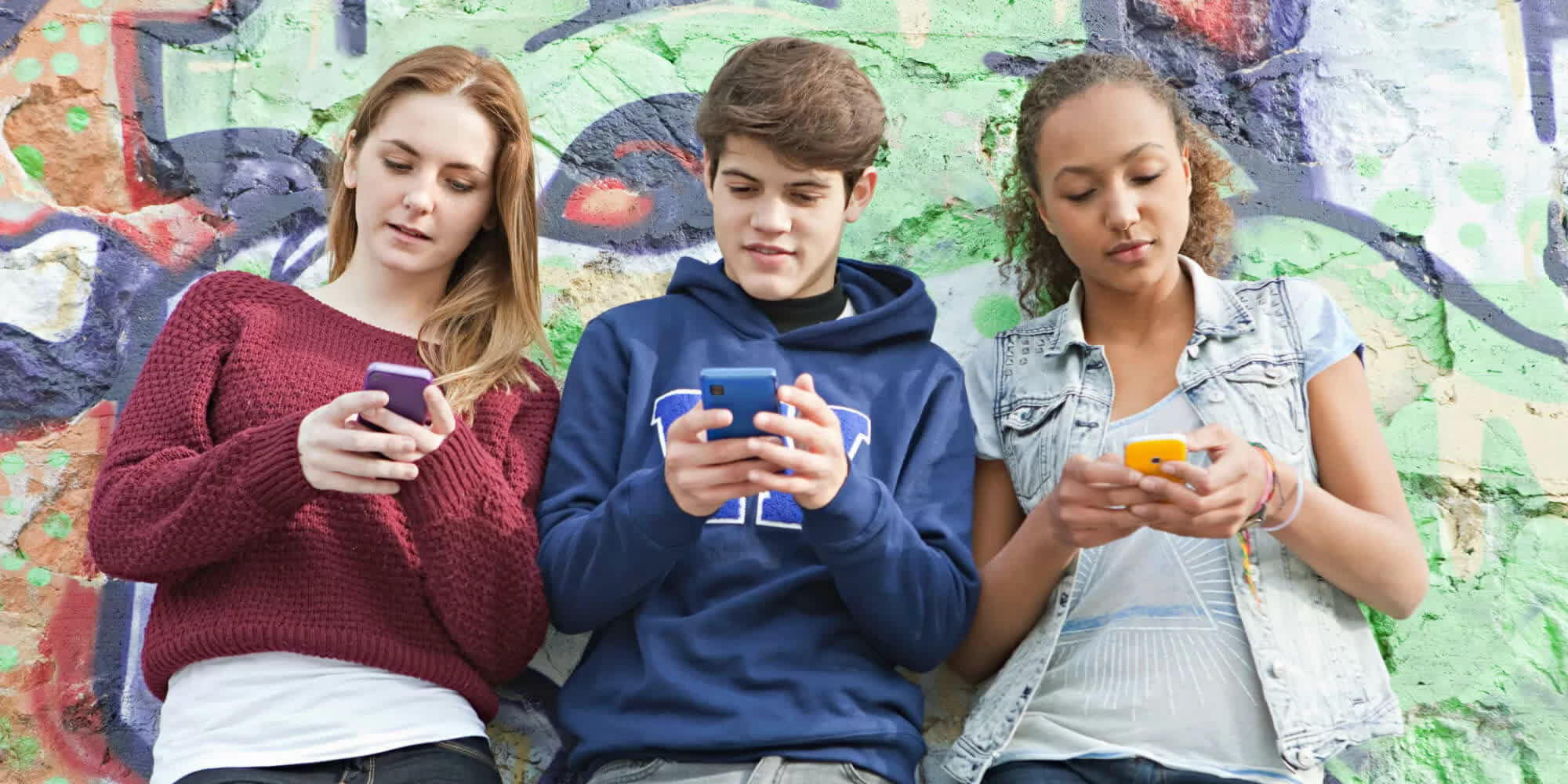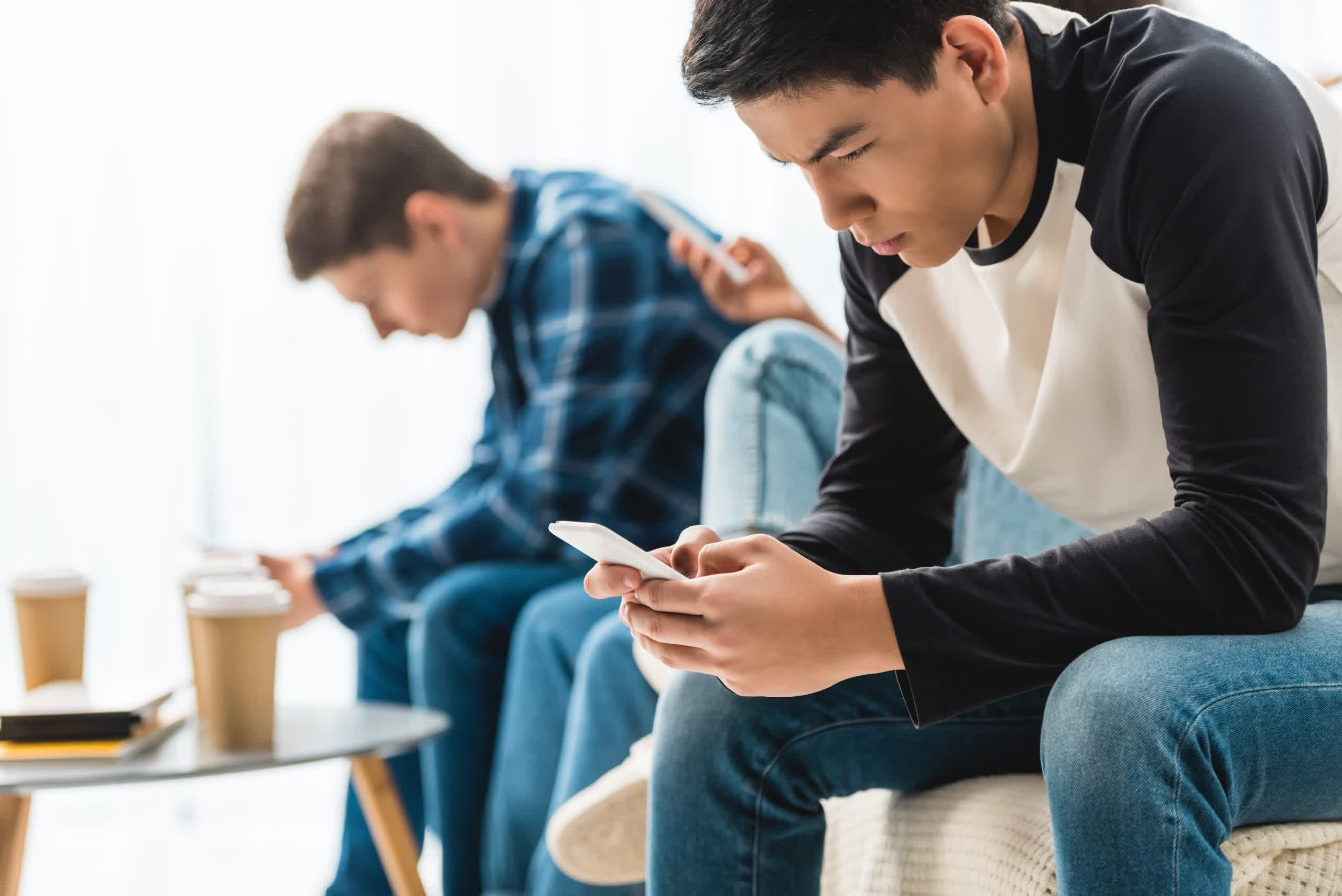In context: Studies have shown that children, and even adults, can be susceptible to anxiety and depression brought on by too much social media. Platform owners like Meta, Twitter, and Google have mostly denied the problem or created band-aids to address it, like YouTube Kids or Instagram Kids. Now one of the top authorities on mental health in the United States has finally weighed in after years of silence.
On Tuesday, the American Psychological Association (APA) issued a health advisory regarding adolescent social media usage. The APA shied away from defining social media use as being "inherently beneficial or harmful," instead saying that the positive or negative effects young people experience are more likely defined by their predispositions before consuming social media. In other words, social media compounds existing notions of self-worth, amplifying the positive or negative feelings they already have.
The APA's stance may seem non-commital at first, but it also offered 10 guidelines to help ensure the well-being of children and teens is not negatively impacted by their social media use. The recommendations are somewhat intuitive and common sense but form a general framework for at least addressing the issue realistically rather than the industry's answer of developing more social media platforms for young people who will probably never use them.
It suggests parents guide their children to create positive social interactions with peers of like interests and needs rather than just allowing them to doom-scroll the random and sometimes negative comments from strangers with nothing in common. Guardians should also use monitoring techniques and "permissions/consenting," especially in early adolescence (10-14 years).

The APA didn't thrust the entire onus of protecting the youth onto the backs of the parents, though. It mentioned that platform owners should be held accountable for policing harmful posts. It points to videos depicting "illegal or psychological maladaptive behavior" and material encouraging self-harm or eating disorders. It also says platform owners should minimize posts promoting hate, prejudice, and bullying.
"We're in a crisis here, and a family's ability or a parent's ability to manage this right now is very limited," Walden Behavioral Care Therapist Robert Keane told National Public Radio. "Families really need help."
The APA says parents can be more proactive by screening and evaluating their kids "problematic social media use."
"Is it getting in the way of your child's sleep and physical activity? Is it getting in the way of their school or other activities that are important in their development? Or is it hard for them to detach from social media? Do they lie so they can engage with it?" According to APA CEO Dr. Arthur Evans, these are some of the questions guardians should consider when evaluating their child's online activity.
The area of social media and how it relates to mental and physical well-being is a new frontier. While many groups have conducted formal studies of the phenomenon, the APA concludes that a more coordinated effort should be applied. It recommends "substantial resources" be provided to continue research into the field, including "long-term longitudinal" studies of younger children and marginalized populations.
Image credit: Artur Verkhovetskiy
